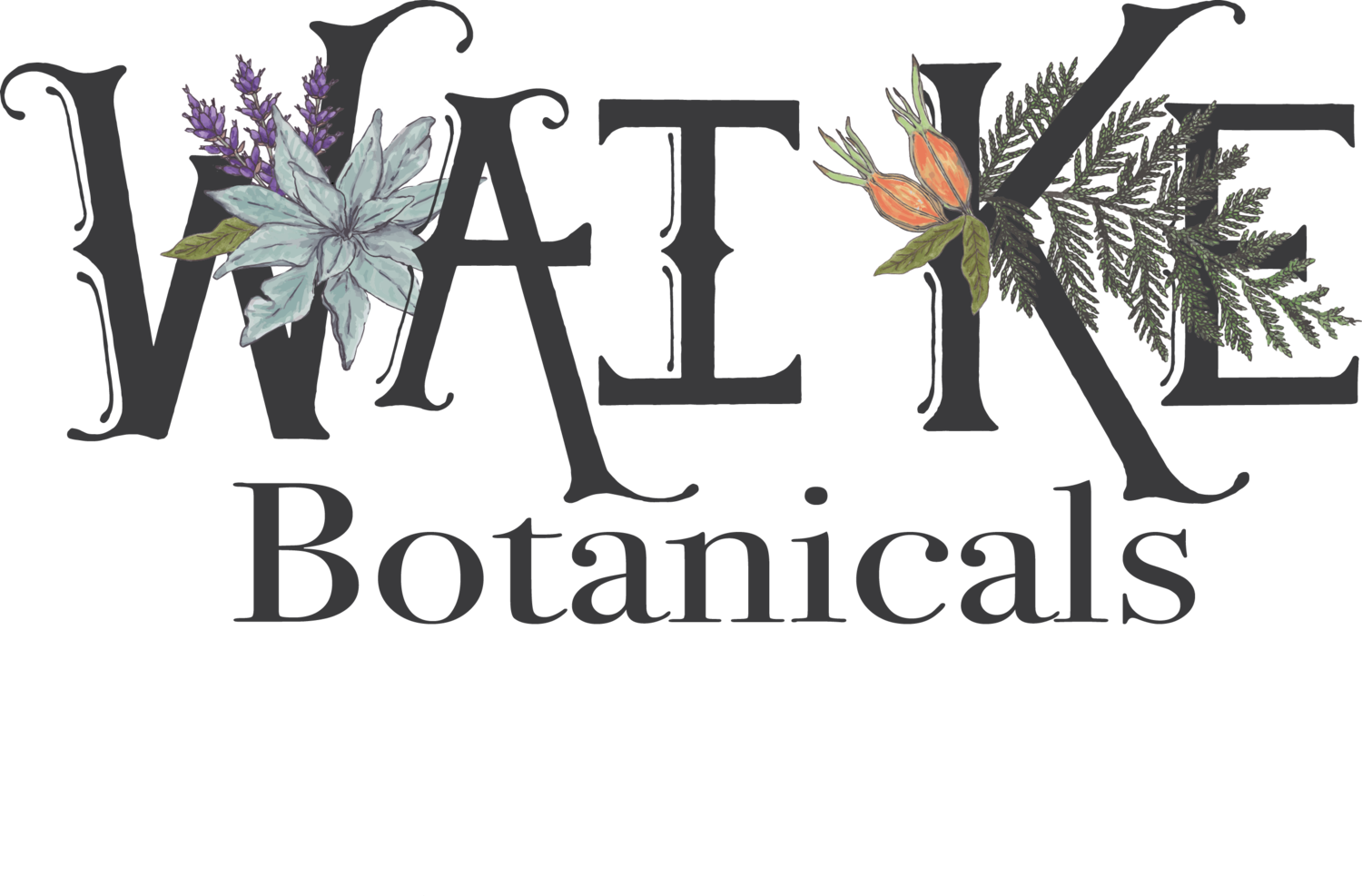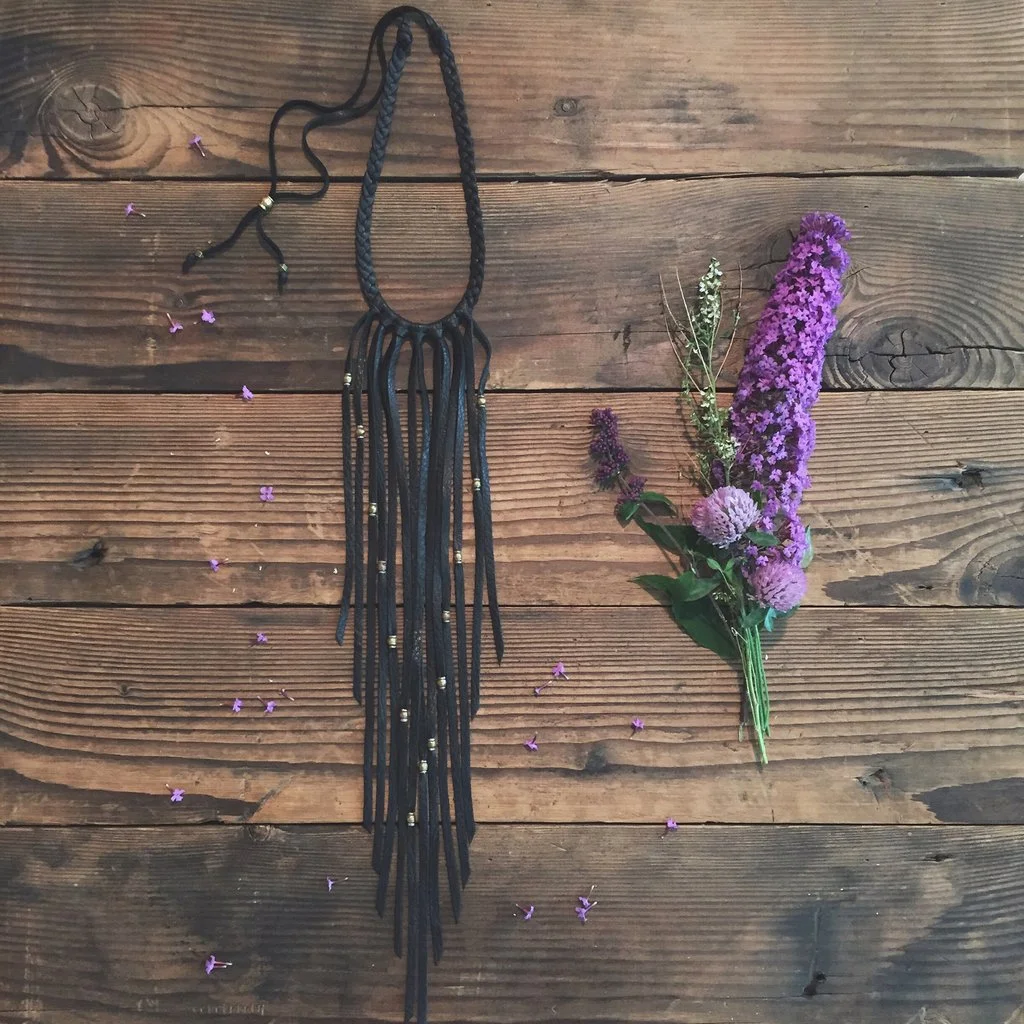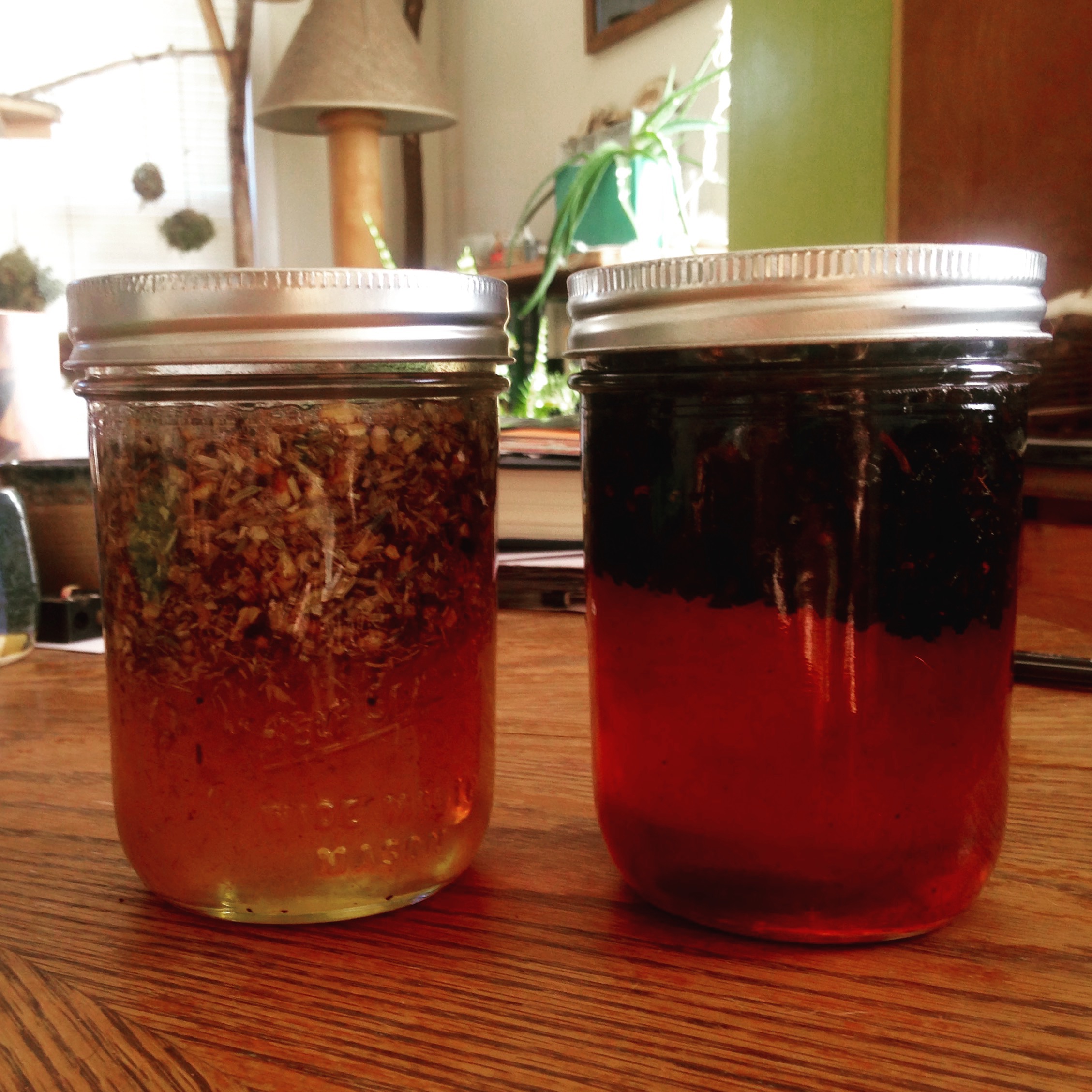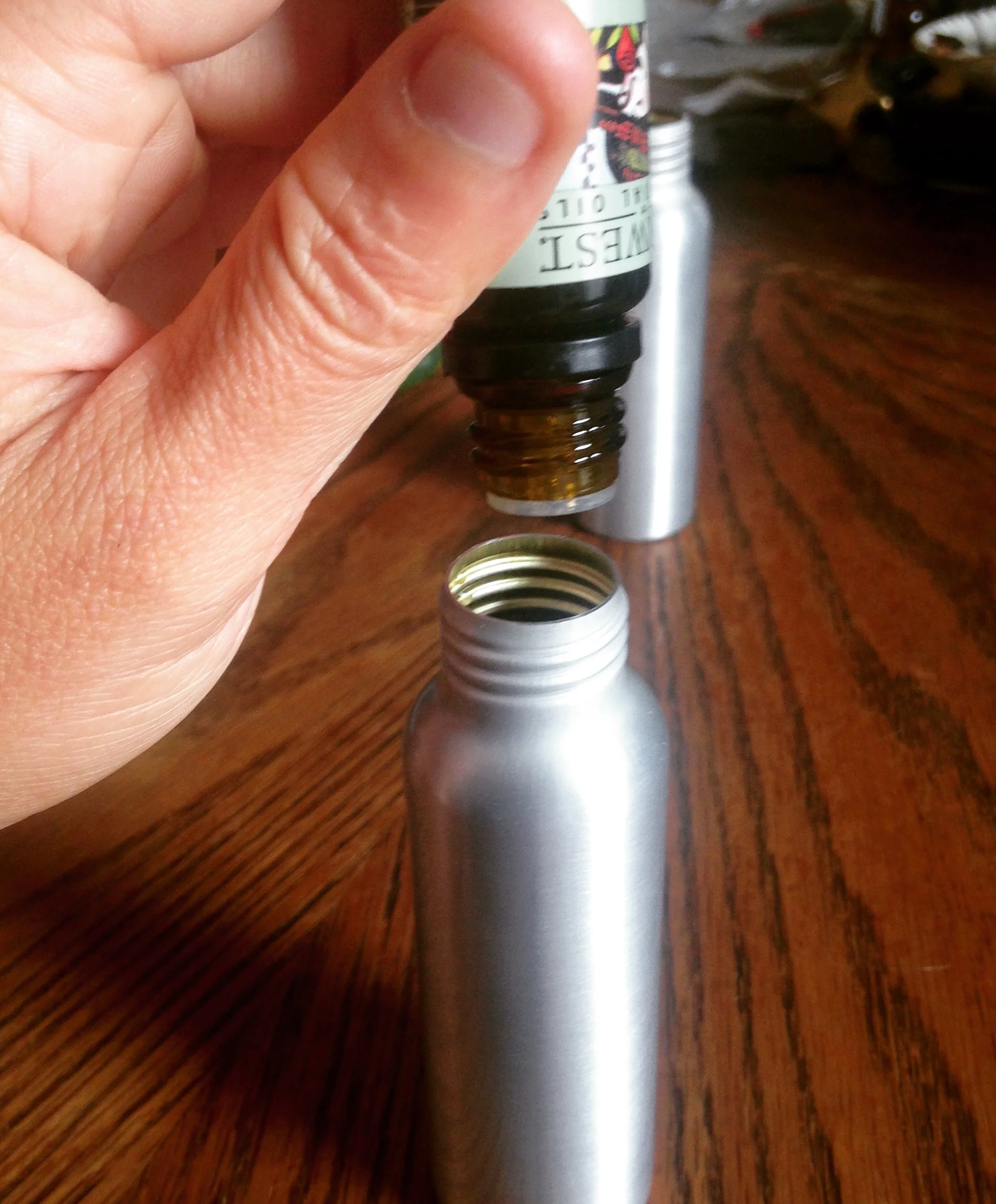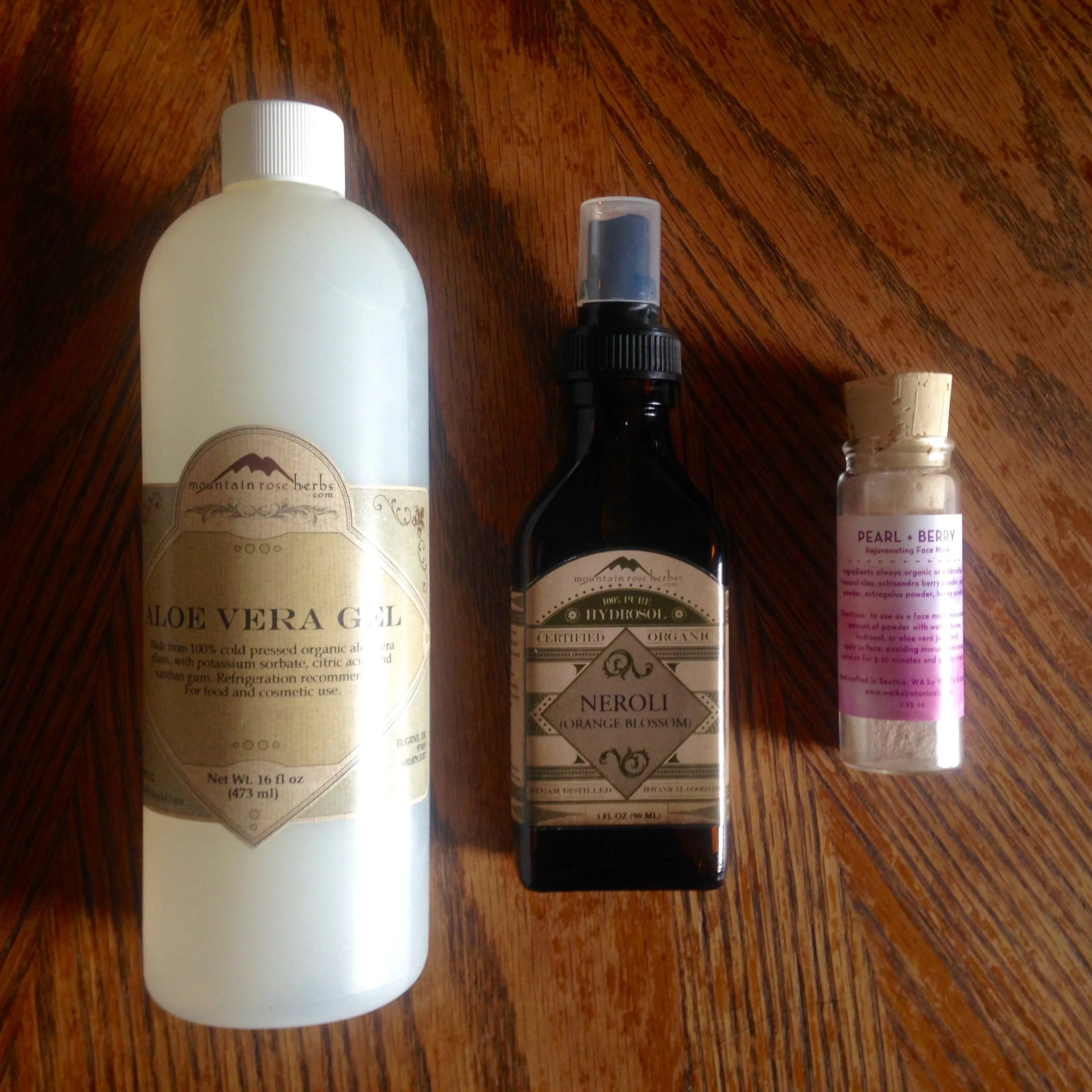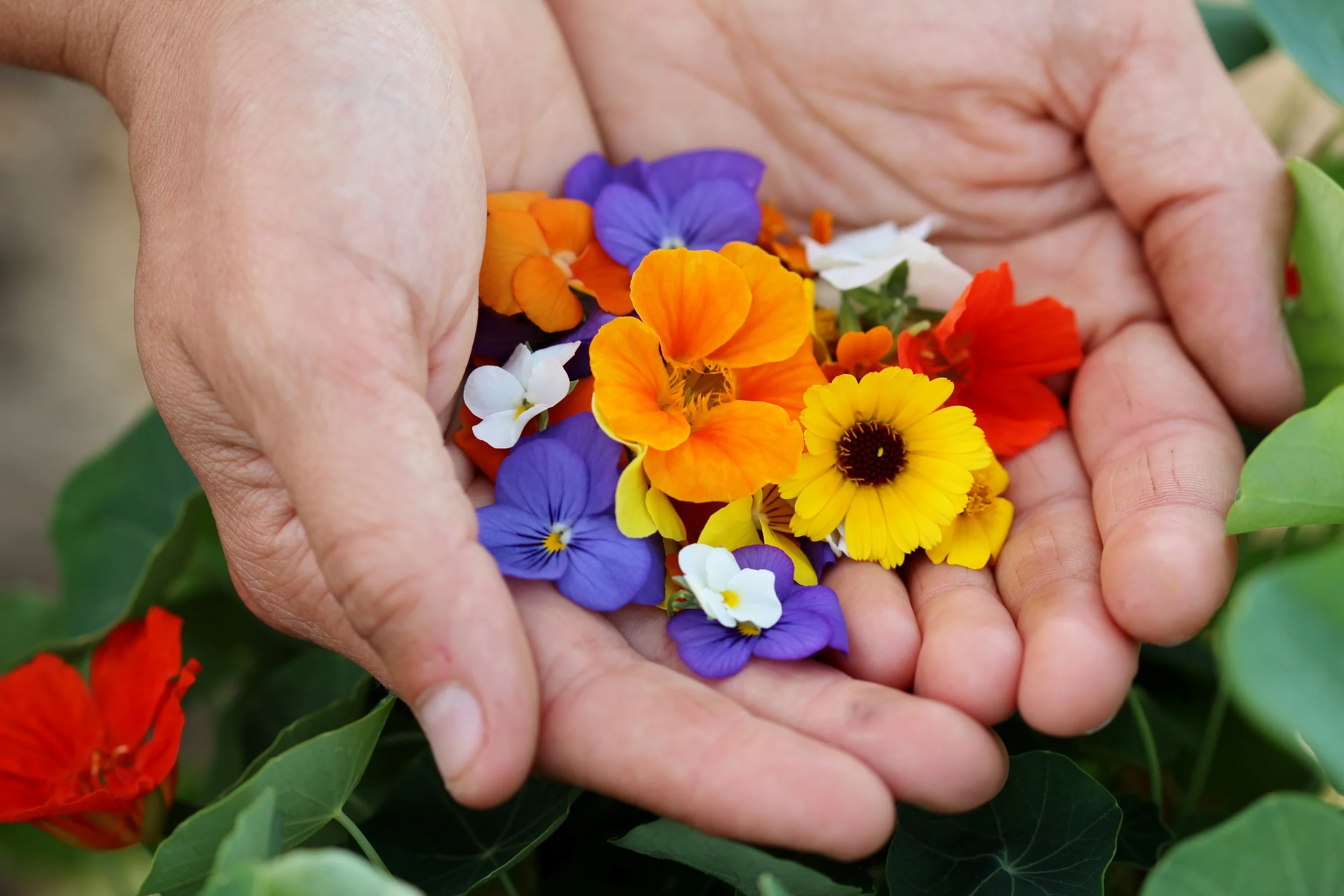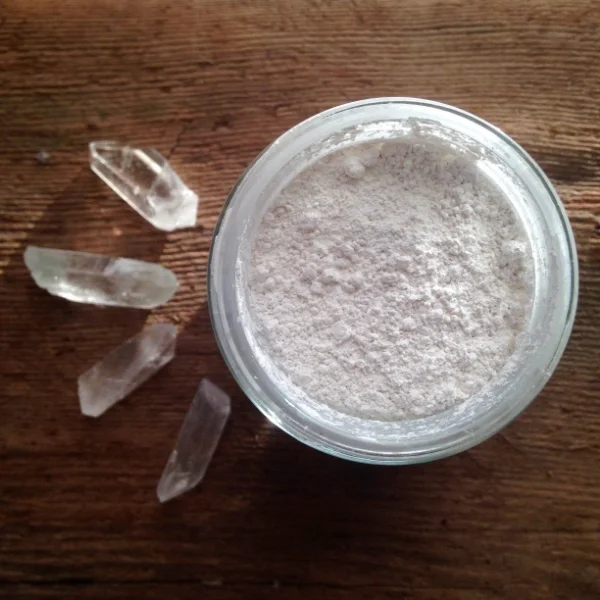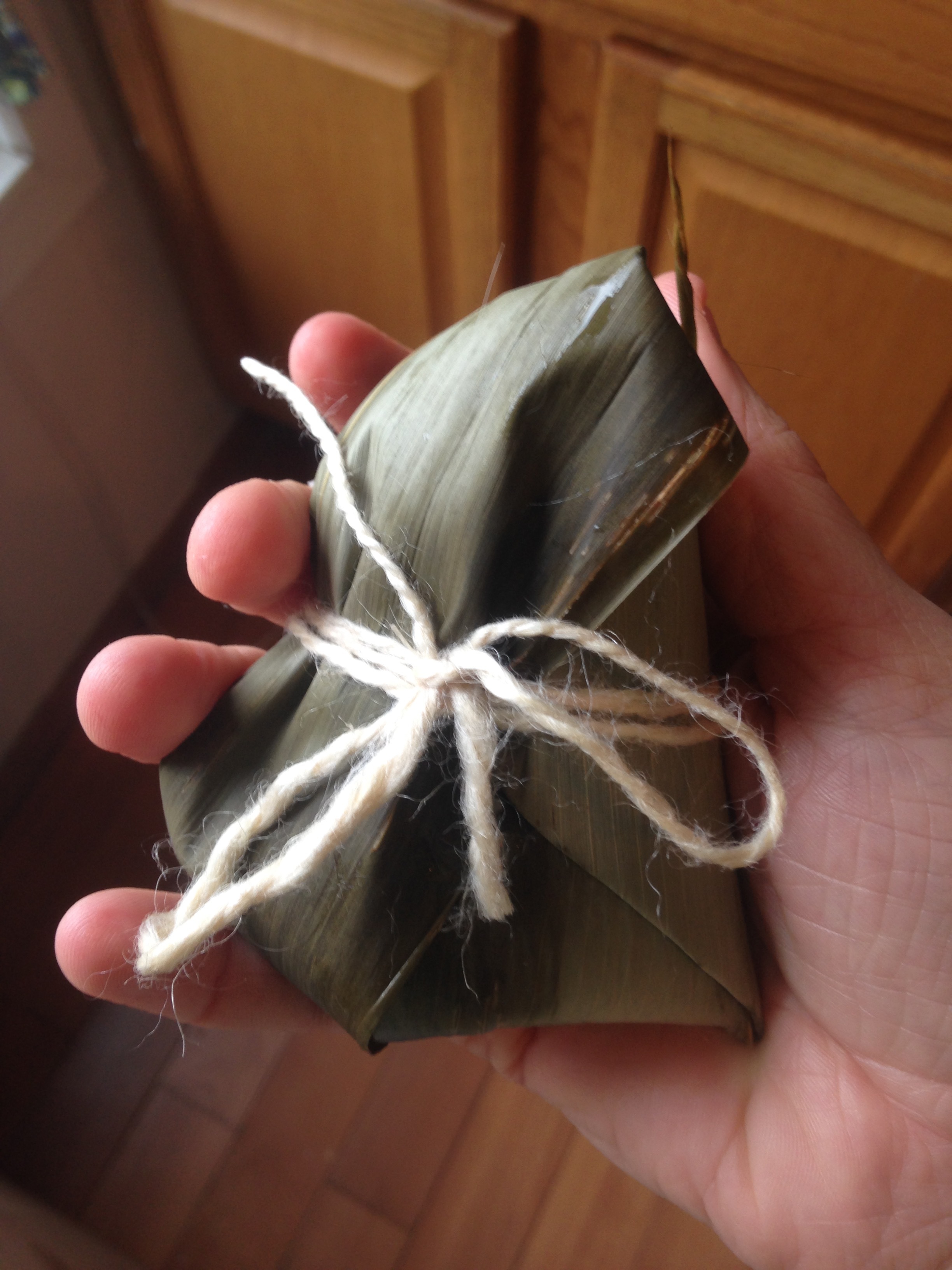Eating with the Seasons | Da Han | 大寒
/We all know that food and our diet impacts various aspects of our health and eating seasonally is quickly gaining more and more traction in the US as local markets and farmers are able to supply a growing demand of fresh, seasonal produce. But what does it really mean to eat with the seasons? This is a HUGE topic that we've been exploring in my Diet Therapy class within the context of Chinese medicine; within the Chinese calendar, each season is broken into 6 - 15 day cycles of energy that provide guidance on what it really means (according to TCM) to be a seasonal eater. Part of this is for sure eating what's available in your location at a given point in time, but a large part is also thinking about the energy of where we are in time, what's coming next, and feeding ourselves in a way that prepares us for the coming seasons.
Today is Monday, January 18. We will be entering the jie qi (season qi) of Da Han on the 20th. Da Han is the time of great cold (da = great, han = cold). During this time it's advised that we observe an avoidance of extreme cold (good luck in the Midwest, my friends!), and it's also the time that we welcome in the beginning of the next yearly jie qi cycle. Da Han marks the pinnacle of cold, a time after which the weather only begins to get warmer, ever so slowly.
Foods that are advised during this time consist of: "Chinese leeks, mushrooms, shiitake, tangerines, pomelo, kumquats, onions, carp and tofu" It's a time where the focus of the diet is less on deeply nourishing the body's Yang qi (although there is still focus on deeply rooting it in the middle dantien) and more on beginning to slowly generate the growth of Yang. The time of this da han is where the winter and spring meet, the relationship of these two seasons begins during this timeframe, and like the trees that begin to sprout new buds and the seeds that slowly begin to germinate, our Yang qi too begins to slowly sprout. The foods we eat during this time should nurture this gentle growth and expansion.
The Han Shu recommends that during this time foods that are overly drying, like roasted seeds and nuts, spicy peppers, chips, and crackers are greatly reduced and only eaten on a relatively infrequent basis, and foods like fresh garlic, frosted fruits and veggies, and kidney's (yes, of animals), are avoided altogether in the diet. The reasons are that Winter is a period of relative dryness, the air all around is dry (at least for those of us in the Northern US) and foods like roasted seeds and nuts or crackers are also dry in nature and can act to overly dry the body creating disharmony. Foods like frosted veggies or fruits are recommended to not be eaten during this period because it is the time when we experience the greatest cold from our environment and a time when we're protecting and nurturing our Yang qi. By eating foods that have themselves been exposed to this extreme environmental cold we are then bringing that cold inside which acts to cool the very Yang (heat, our energy base) we should be nurturing.
I've been incredibly challenged + inspired already by the material in this class, but in a super positive way! It's asking me to look at my diet and my food habits and see where I can make shifts to support myself dietarily through the lens of the medicine I'm learning. I've been pouring back through the book "Healing with Whole Foods", which is an incredible resource if you are curious in walking down this path. Another great book I've been recipe shopping in is "Ancient Wisdom, Modern Kitchen" which has super tasty and nutritious recipes and interesting commentary from a Western dietary perspective as well as a TCM theory perspective.
I'll be writing about the next Jie qi in 3 weeks. Until then, have fun exploring your diet and food rituals and thinking about what eating seasonally means to you!
